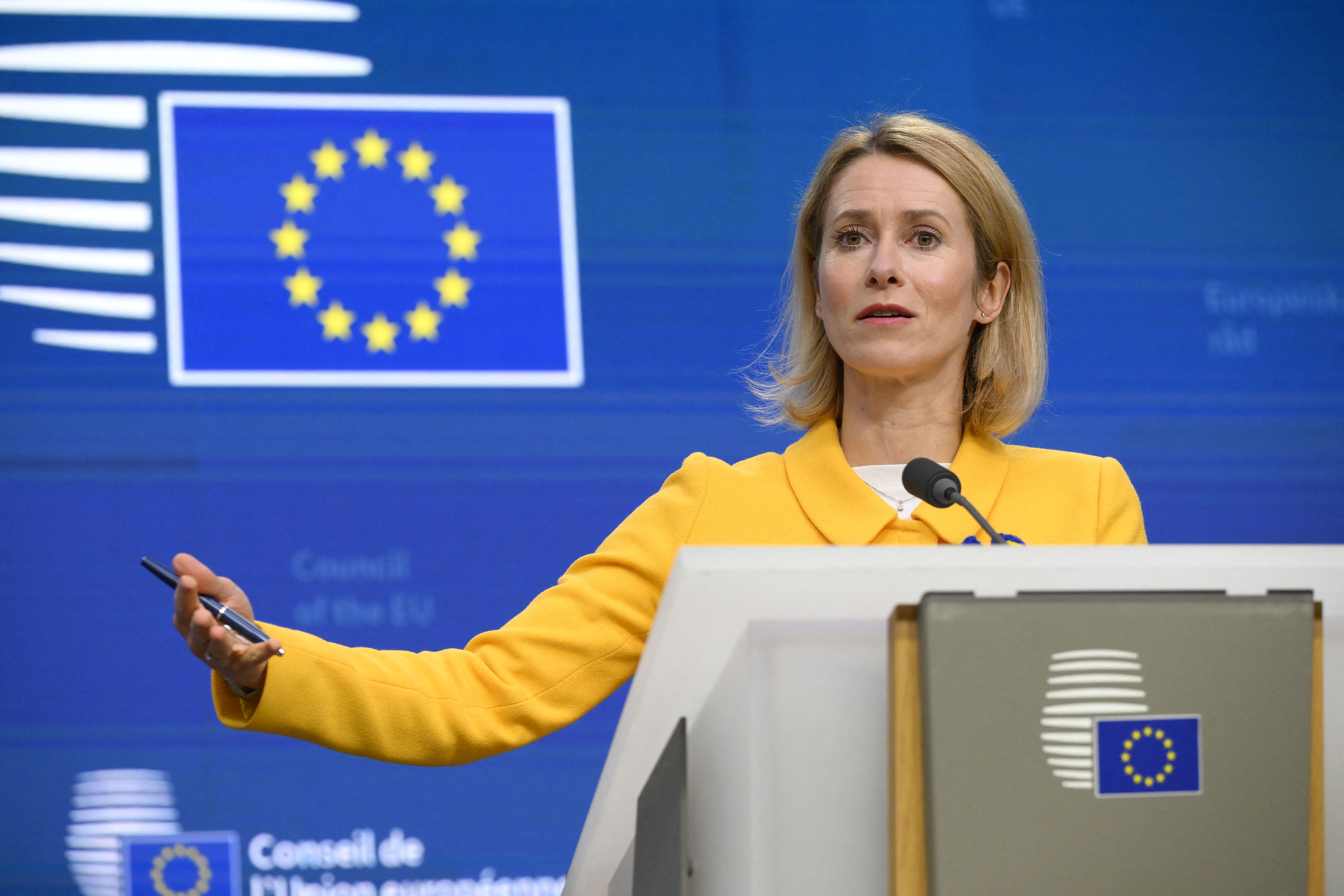EU to 'review' raw materials deal with Rwanda over conflict in eastern DRC

European foreign ministers reached a political agreement on Monday to "review" the EU's deal with Rwanda on critical commodities. They also agreed to suspend defence and security consultations with the country due to the ongoing conflict in the Democratic Republic of Congo (DRC).
Rwanda-backed M23 rebels have seized territory in the eastern part of the DRC, capturing key cities such as Goma and Bukavu. The rebels are illegally exporting rare earth minerals from the area to Rwanda, where they are laundered and sold to other countries.
One of those buyers is the EU, which last year signed a memorandum of understanding with Rwanda on raw materials. The DRC sees this as an incentive for Rwanda to continue plundering its resources, and president Felix Tshisekedi has called on the US and EU to buy minerals directly from his country. The European Parliament called for the memorandum to be suspended earlier this month.
No consensus
But on Monday, EU foreign ministers failed to reach a consensus on suspending the controversial deal. They did agree to "review" it, High Representative for Foreign Policy Kaja Kallas said at a press conference.
“We have urged Rwanda to withdraw its troops, and the memorandum of understanding regarding critical raw materials will be under review,” Kallas told journalists in Brussels. "Territorial integrity is non-negotiable, in DR Congo as well in Ukraine. The UN charter applies everywhere."
"Territorial integrity is non-negotiable, in DR Congo as well in Ukraine"
According to a diplomatic source, opposition to suspending the memorandum comes mainly from Luxembourg. The country is said to fear that too harsh a sanction would undermine the African-level dialogue due to take place within days.
In addition to the review of the memorandum, the EU suspended consultations on security and defence with Rwanda. Member states also reached a "political agreement" to impose sanctions, depending on how the situation on the ground develops. The form of these sanctions has yet to be decided.
European Union High Representative for Foreign Affairs and Security Policy Kaja Kallas © PHOTO JOHN THYS / AFP
Related news
